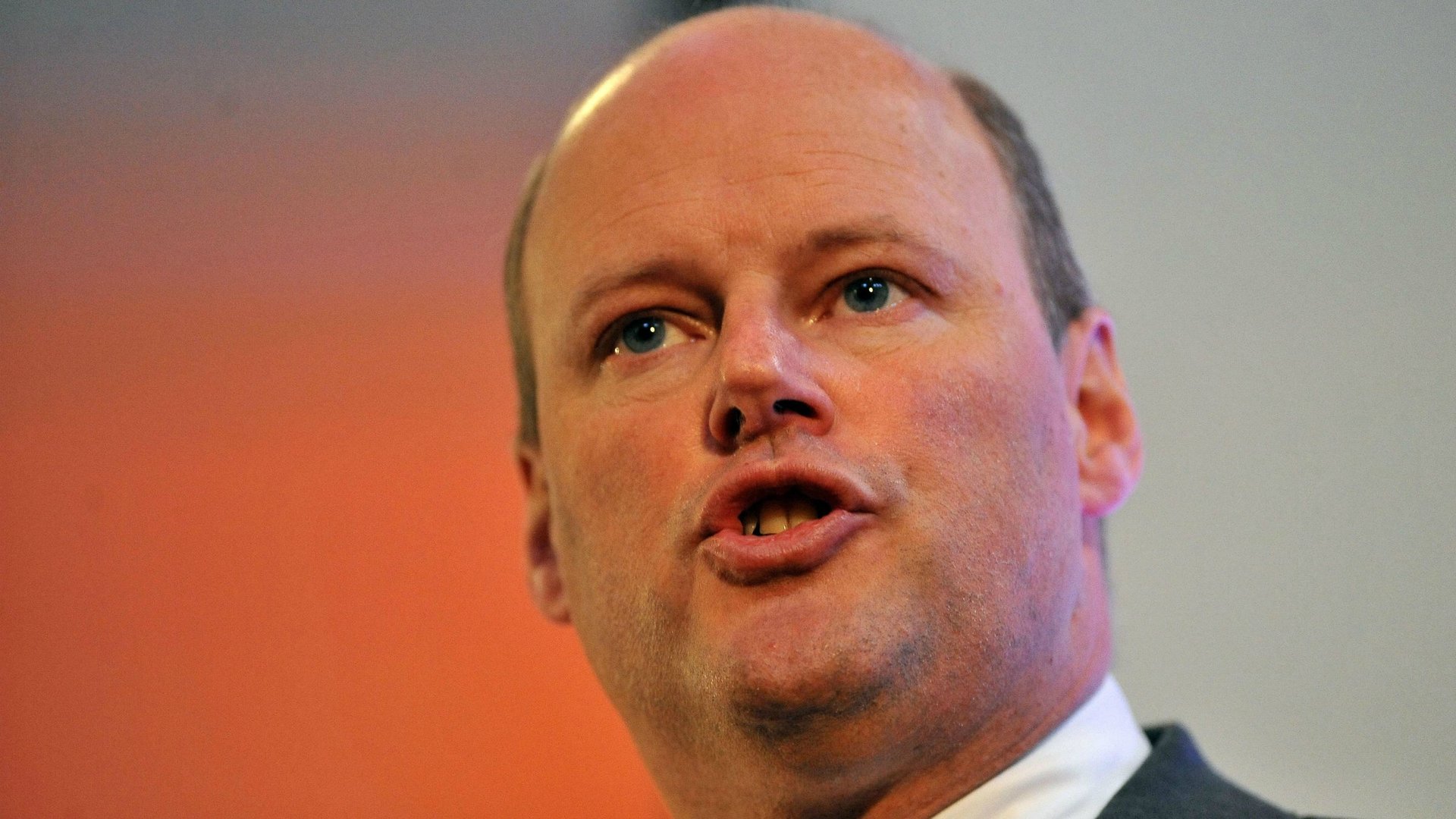CEO Stephen Hester—”the embodiment of fat-cat capitalism”—gets the boot from RBS
Royal Bank of Scotland CEO Stephen Hester has been unceremoniously nudged from his job at the helm of a bank that remains 82% owned by the British taxpayer. After RBS was rescued in 2008 in the biggest banking bailout in history, Hester was parachuted in with orders to turn it around.


Royal Bank of Scotland CEO Stephen Hester has been unceremoniously nudged from his job at the helm of a bank that remains 82% owned by the British taxpayer. After RBS was rescued in 2008 in the biggest banking bailout in history, Hester was parachuted in with orders to turn it around.
In many ways, he has. The bank is finally making a profit once again and aides to the UK chancellor, George Osborne, say that the search is on for a new CEO to lead a five-year transition to privatization. RBS Chairman Philip Hampton said that the bank could be returned to the private sector by the end of 2014.
While the finance industry rated Hester’s work highly, the British public was notoriously bitter and unimpressed every time he took a bonus, asking why the taxpayer was paying millions to the man in charge of a bank that wouldn’t have survived if their taxes hadn’t rescued it. Patrick Jenkins of the Financial Times said after a recent in-depth interview with Hester, “more than any of his peers, exudes the air of a multimillionaire banker and landowner: round-faced, ruddy and often smug-looking on camera, he appears the embodiment of fat-cat capitalism.”
That may be, but when he took charge five years ago, RBS had a balance sheet roughly the same size as the annual output of the UK economy. It looks like he is stepping down reluctantly.
There is little doubt that RBS will eventually go private again, though a once-expected breakup now seems unlikely. When it does, the next CEO will have the tough task of persuading investors to cough up around $50 billion to buy shares in a bank that once made the biggest loss in UK corporate history.